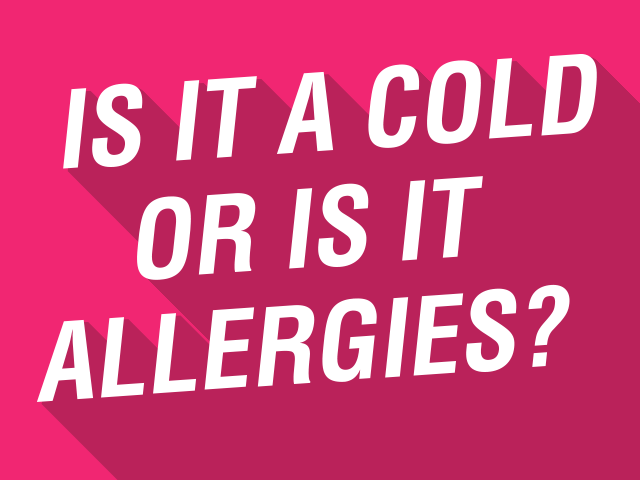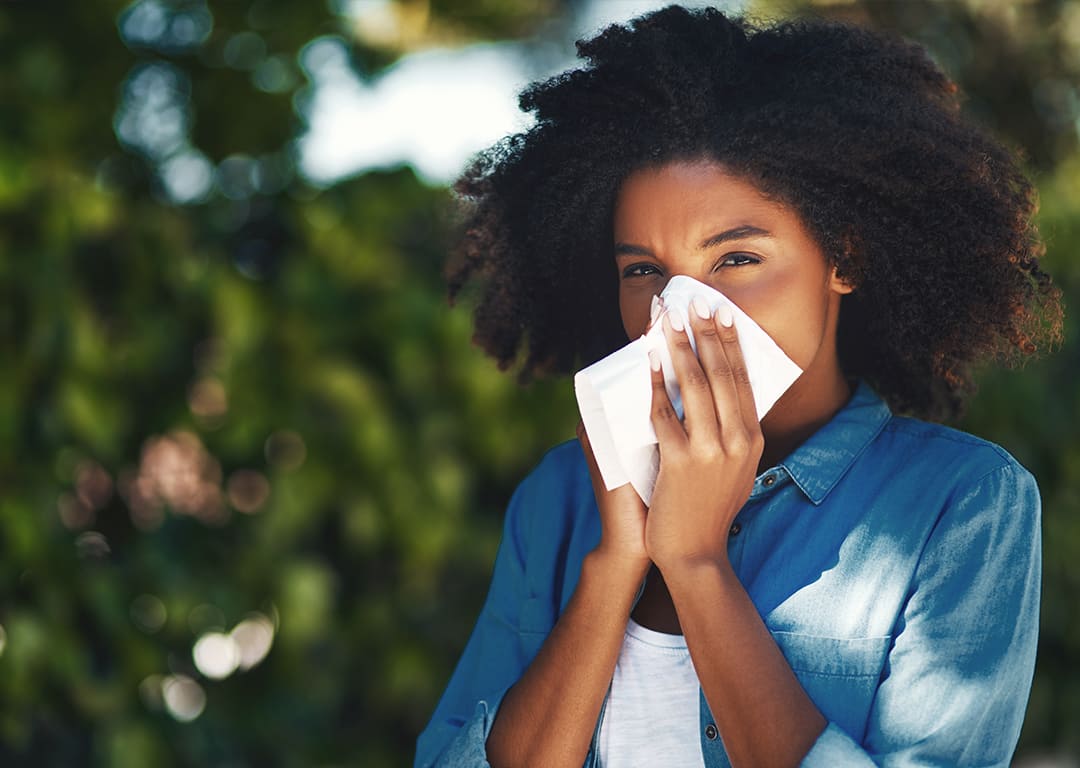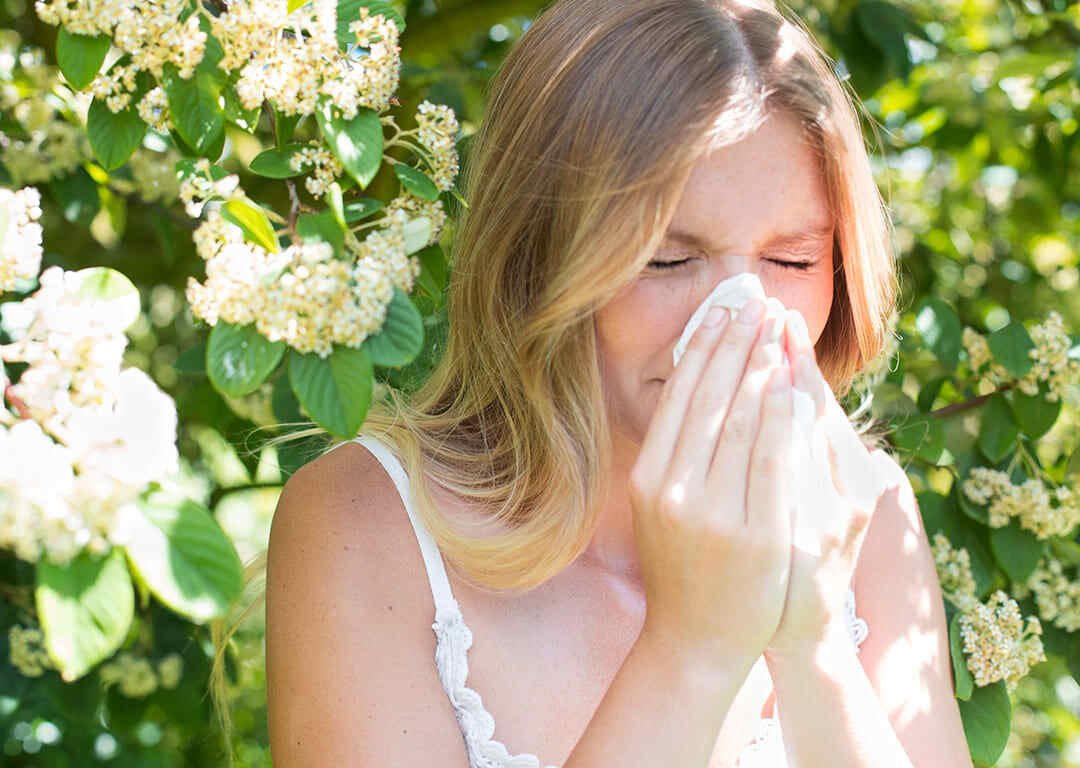
Allergies 101
Allergies 101
<p>If you suffer from allergies, you have an immune system that overreacts to allergens, such as pollen and mold, which are normally harmless substances. In order to rid your body of these substances, your immune system releases chemicals like histamine to drive allergens out of your system.</p>
<p>Your nose, eyes and mouth become escape routes for the allergens, creating inflammation and irritation as they exit your body.</p>



Speak to your doctor or pharmacist. To be sure this product is right for you, always read and follow the label.





